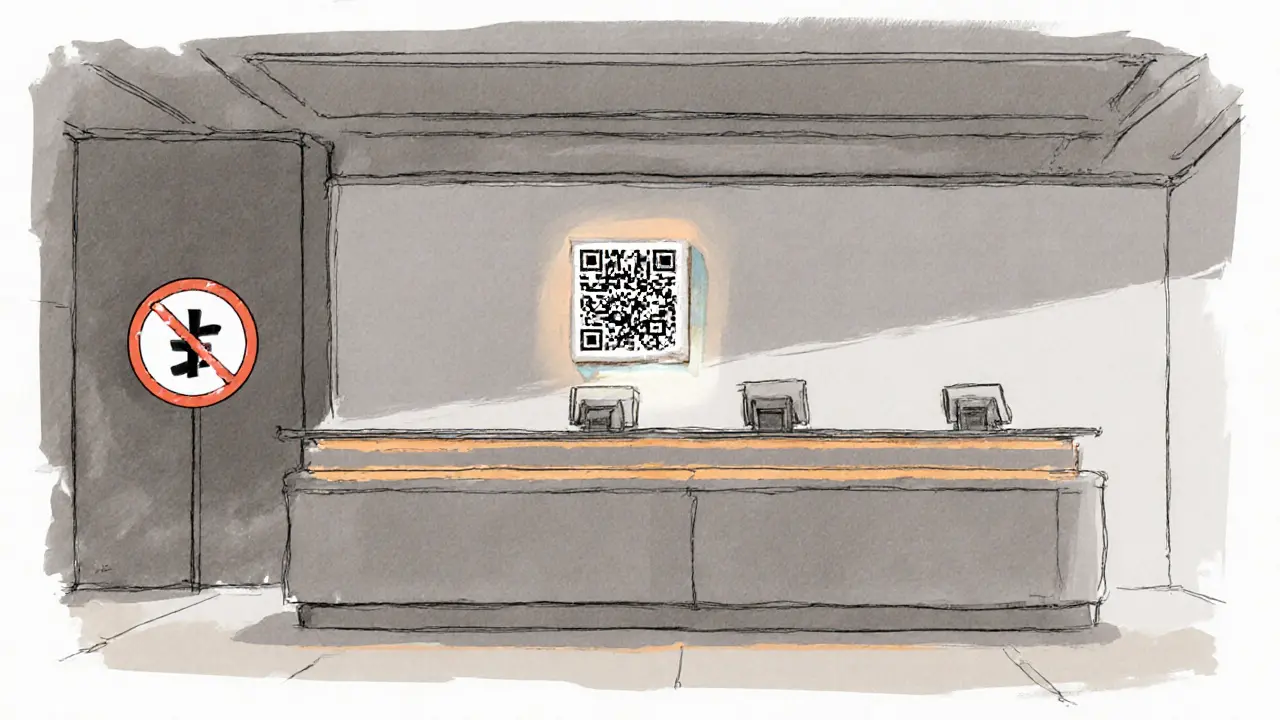Cryptocurrency Legality in China: Rules, Risks, and Workarounds
When navigating cryptocurrency legality in China, the set of laws, bans, and regulatory nuances that govern crypto activities within the People’s Republic of China, investors quickly learn it’s not a simple buy‑and‑sell story. The government’s approach mixes blanket prohibitions with selective allowances, meaning every move must be measured against the latest crypto regulation, the set of government rules that dictate how digital assets can be used, traded, or mined. That regulation dictates who can hold coins, where exchanges may operate, and which services are outright forbidden. In practice, this creates a landscape where compliance and evasion coexist, forcing traders to constantly reassess their strategies.
Key Areas to Watch
The rise of the digital yuan, China’s state‑issued digital currency that operates alongside the traditional renminbi adds another layer of complexity. While the digital yuan is fully legal, it serves as a government‑backed alternative that competes with private cryptocurrencies. Because the digital yuan integrates directly with the People’s Bank of China’s monitoring systems, it influences the broader crypto market by offering a compliant channel for digital payments. This creates a direct link: cryptocurrency legality China now includes balancing private crypto ambitions against the official digital currency infrastructure.
One surprising fact is the absence of a formal crypto tax, the tax treatment applied to gains, income, or transactions involving cryptocurrencies regime. The 2025 ban makes most crypto activity illegal, so the tax authorities effectively ignore crypto profits. This gap shapes investor behavior: without tax reporting obligations, some traders focus on anonymity, while others see it as a loophole that could attract future scrutiny. The relationship is clear—no tax policy combined with strict bans drives a unique risk profile for anyone dealing with digital assets in China.
When official channels close, an underground market sprouts, and with it come underground crypto premiums, higher prices that crypto sellers command on black‑market platforms when official channels are blocked. These premiums can exceed 30% above global market rates, reflecting the added risk of legal exposure and limited liquidity. The premium phenomenon illustrates a direct causal chain: the ban on legal exchanges fuels a shadow economy, which in turn inflates prices for those willing to trade under the radar.
Beyond taxes and premiums, the everyday trader must grapple with the mechanics of buying crypto with fiat in China. Peer‑to‑peer (P2P) platforms, offshore exchange accounts, and VPN‑based access are the main workarounds. Each method carries its own compliance checklist—identity verification, transaction limits, and anti‑money‑laundering monitoring. The central entity, cryptocurrency legality in China, demands that users constantly balance convenience against enforcement risk. That balancing act is why many turn to detailed step‑by‑step guides, which break down everything from setting up a secure wallet to navigating exchange fees.
Enforcement has grown more sophisticated in recent years. Authorities now monitor chat groups, social media, and even blockchain analytics to identify illicit activity. Court rulings have handed down heavy fines and, in some cases, prison sentences for large‑scale operators. This legal pressure creates a feedback loop: stricter enforcement pushes more activity underground, which then raises the perceived value of anonymity tools. Understanding this loop helps traders anticipate where regulatory crackdowns might hit next, and adjust their strategies accordingly.
All these pieces—regulation, digital yuan, tax policy, underground premiums, and enforcement—form a tightly knit puzzle that defines the current state of crypto in China. Below you’ll find a curated set of articles that break down each element in detail, from practical buying guides to deep dives into the hidden price gaps. Dive in to get the actionable insights you need to stay ahead in this challenging environment.
Can Businesses in China Legally Accept Crypto? 2025 Guide
China's 2025 law makes crypto ownership and business acceptance illegal, imposing heavy fines and possible prison. Learn the penalties, compare Hong Kong's approach, and see how to stay compliant.
VIEW MORE
